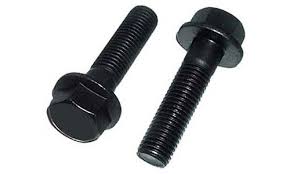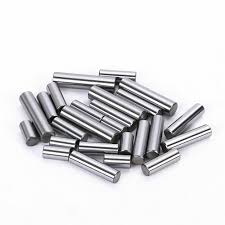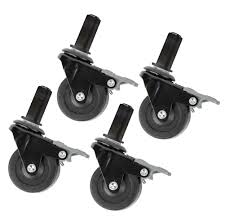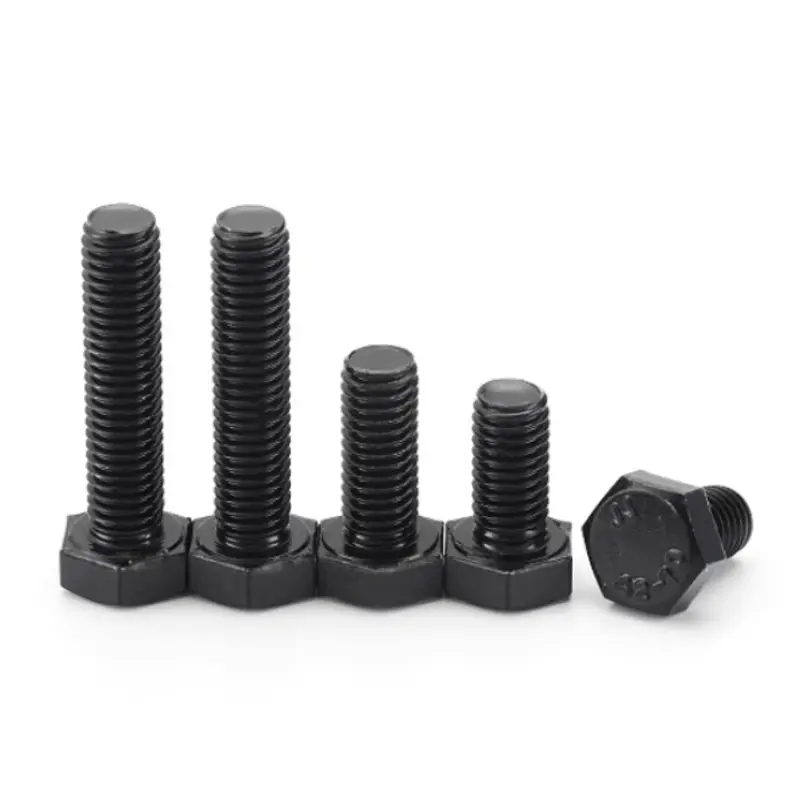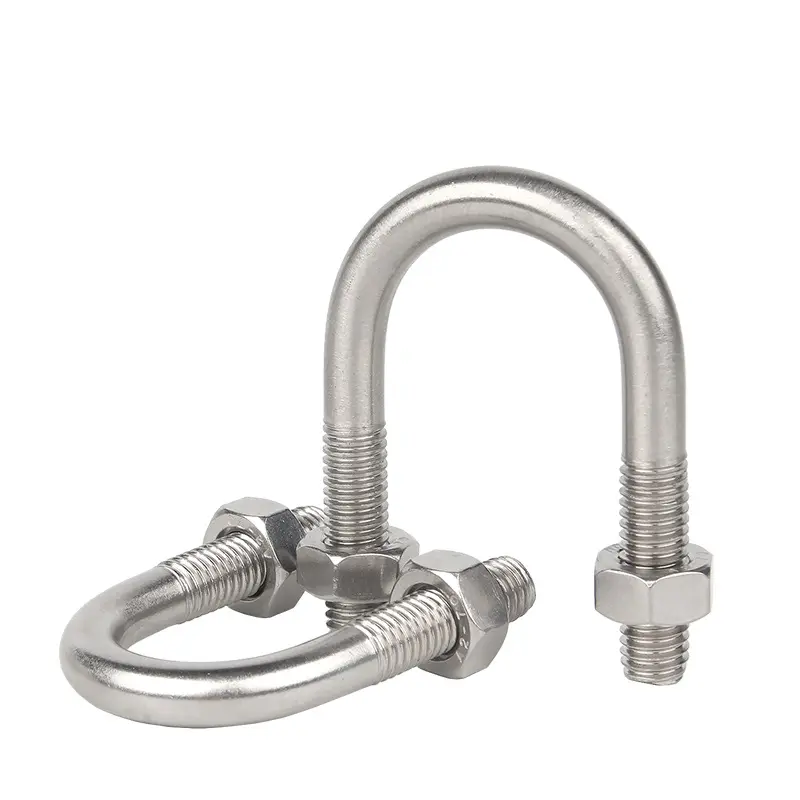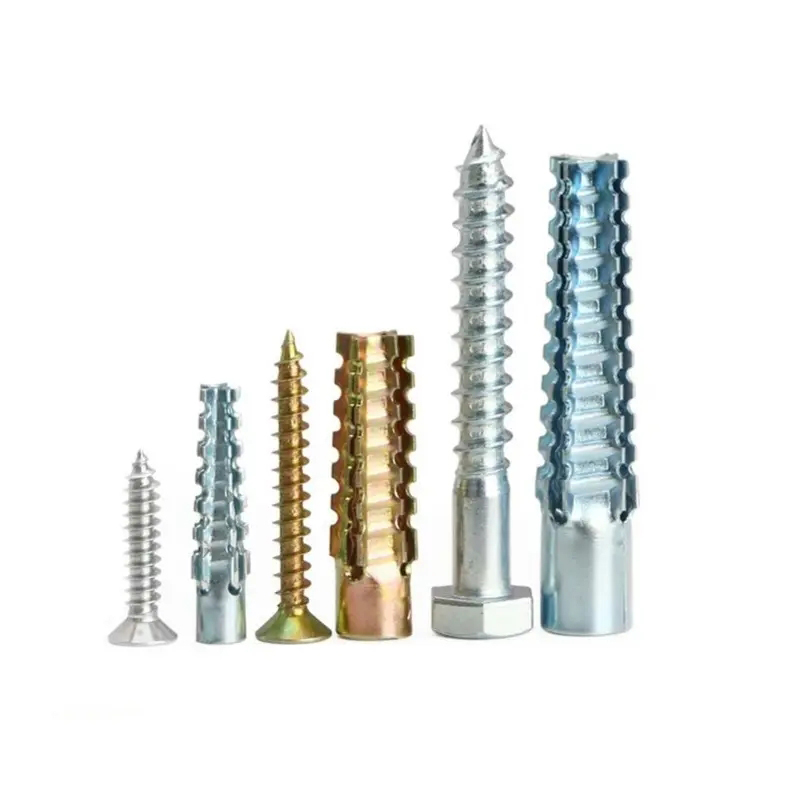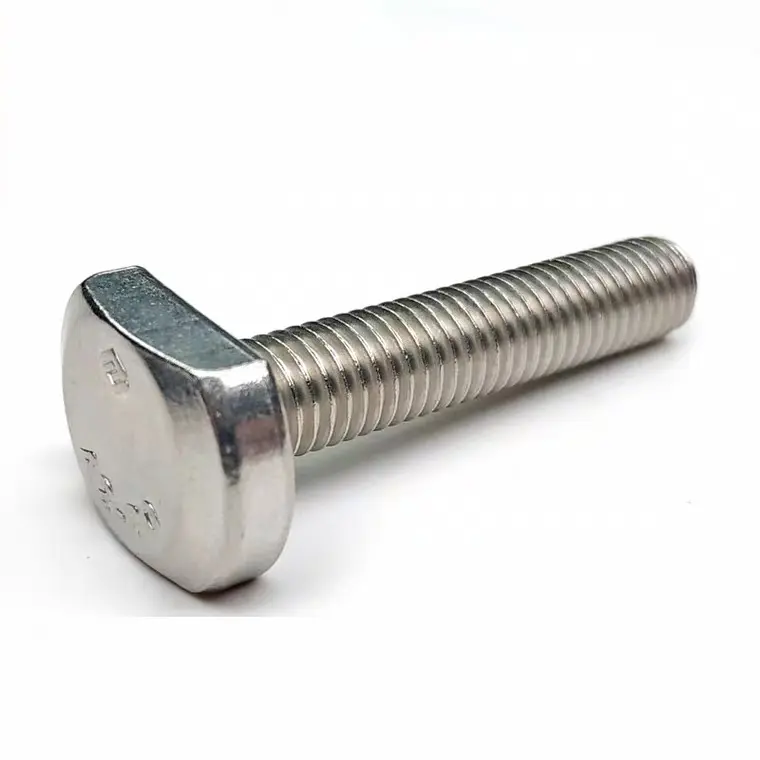Nyloc Nuts: A Comprehensive GuideNyloc nuts are a crucial component in numerous applications, offering superior locking capabilities compared to standard nuts. This guide delves into the specifics of nyloc nuts, exploring their types, applications, advantages, and considerations for selection. We'll cover everything you need to know to make informed decisions when choosing the right nyloc nut for your project.
Understanding Nyloc Nuts
What are Nyloc Nuts?
Nyloc nuts, also known as self-locking nuts, are a type of fastener designed to resist loosening under vibration or other dynamic stresses. Unlike standard nuts that rely solely on friction for their hold,
nyloc nuts incorporate a nylon insert or patch that creates a clamping effect, preventing them from unscrewing. This nylon insert conforms to the threads of the bolt, providing a secure, vibration-resistant connection. This makes them particularly suitable for applications where maintaining a secure fastening is critical. The nylon insert is typically made of a nylon material that provides the required frictional resistance and temperature stability.
Types of Nyloc Nuts
Several types of
nyloc nuts exist, each tailored to specific needs: All-Metal Nyloc Nuts: These nuts utilize a specially designed all-metal locking mechanism instead of a nylon insert. This design offers enhanced strength and temperature resistance compared to nylon-insert types. Nylon Patch Nyloc Nuts: These feature a nylon patch on the underside of the nut which creates friction against the bolt threads, preventing loosening. Full Nylon Collar Nyloc Nuts: These nuts have a full nylon collar that provides a significant clamping force, making them ideal for applications with extreme vibrations or shocks. The choice of nylon type will affect temperature and chemical resistance.
| Type | Description | Advantages | Disadvantages |
| All-Metal | Uses a metal locking mechanism | High strength, high temperature resistance | More expensive than nylon insert types |
| Nylon Patch | Features a nylon patch for friction | Cost-effective, good vibration resistance | Lower temperature resistance than full nylon collar |
| Full Nylon Collar | Has a full nylon collar for clamping | Excellent vibration and shock resistance | May be more difficult to remove |
Applications of Nyloc Nuts
The robust locking mechanism of
nyloc nuts makes them suitable for a wide array of applications across various industries. These include: Automotive: Securing engine components, suspension parts, and other critical elements subject to significant vibration. Aerospace: Used in aircraft assembly where reliability and safety are paramount. Electronics: Securing circuit boards and components in electronic devices. Machinery: Fastening moving parts in industrial equipment to prevent loosening. Construction: Used in various structural applications to ensure stability and prevent failure.
Selecting the Right Nyloc Nut
Choosing the appropriate
nyloc nut hinges on several factors: Thread Size and Type: Ensure compatibility with the bolt's thread size and type. Material: Select a material that can withstand the operating temperature and environmental conditions. Vibration and Shock Load: Choose a
nyloc nut with sufficient locking force to handle anticipated vibrations and shocks. Torque Requirements: Consider the required torque to ensure proper tightening without damaging the fastener.
Hebei Dewell Metal Products Co., LTD - Your Reliable Source for Nyloc Nuts
For high-quality
nyloc nuts and other fasteners, consider Hebei Dewell Metal Products Co., LTD. Their commitment to quality and precision ensures reliable performance in your applications. Visit their website at
https://www.deweLLfastener.com/ to explore their product range.
Conclusion
Nyloc nuts provide a reliable solution for securing critical components in various applications. Understanding the different types, their applications, and the selection criteria is crucial for ensuring the safety and performance of your projects. By considering these factors, you can choose the right
nyloc nut to meet your specific needs.



